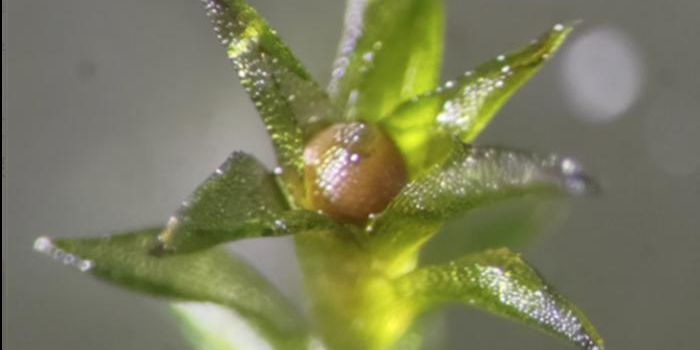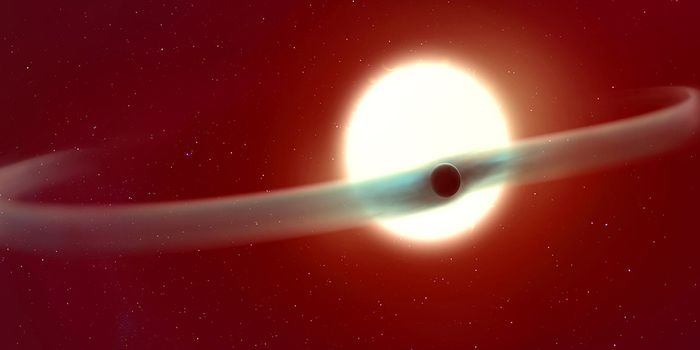Monitoring ocean chemistry over the last forty years
A study published recently in Nature Communications Earth & Environment contemplates the changing chemistry and physics of the ocean in the last forty years. The study used data from projects at the Bermuda Institute of Ocean Sciences (BIOS) that focused on the variability and recent acceleration of surface warming, salinification, deoxygenation, and changes in carbon dioxide (CO2)-carbonate chemistry that cause ocean acidification.
The data were collected from two sustained open-ocean hydrographic stations in the North Atlantic Ocean near Bermuda, Hydrostation 'S' and the Bermuda Atlantic Time-series Study (BATS). Professor Nicholas Bates, BIOS senior scientist and the projects' principal investigator (PI), led the study with Rod Johnson, BIOS assistant scientist and the projects' co-PI. The forty years of open-ocean data are the longest continuous records of their kind.
"The four decades of data from BATS and Hydrostation 'S' show that the ocean is not changing uniformly over time and that the ocean carbon sink is not stable over recent time with variability from decade to decade," Bates said.
The decadal variability that Bates refers to is significant because it allows us to understand how unusual rates of change are – in other words, to confirm that what we are experiencing in our era is not the norm.
The researchers found changes in ocean chemistry. The authors write: “Surface temperatures and salinity exhibited interdecadal variability, increased by ~0.85 °C (with recent warming of 1.2 °C) and 0.12, respectively, while dissolved oxygen levels decreased by ~8% (~2% per decade).” Concurrently, seawater DIC, fCO2 (fugacity of CO2) and anthropogenic CO2 increased by ~8%, 22%, and 72% respectively. The winter versus summer fCO2 difference increased by 4 to 8 µatm decade−1 due to seasonally divergent thermal and alkalinity changes. Ocean pH declined by 0.07 (~17% increase in acidity) and other acidification indicators by ~10%. Over the past nearly forty years, the highest increase in ocean CO2 and ocean acidification occurred during decades of weakest atmospheric CO2 growth and vice versa.”

The authors explain that their findings show that changes in the ocean’s chemistry is in turn affecting ocean biology and physics in ways that we did not see a mere four decades ago. "In forty years, seawater CO2-carbonate chemistry conditions are now altered beyond the seasonal chemical changes observed in the 1980s," Johnson said. "The modification of seawater CO2 -carbonate chemistry will continue with future anthropogenic CO2 emissions."
This study exemplifies the importance of long-term data collection, specifically in systems like the ocean that experience changes slowly and cyclically.
Sources: Nature Communications Earth & Environment, Science Daily








